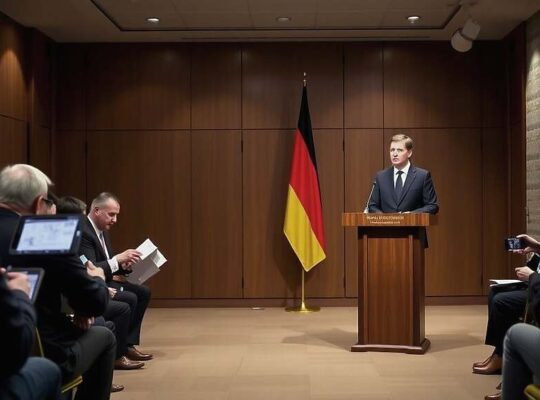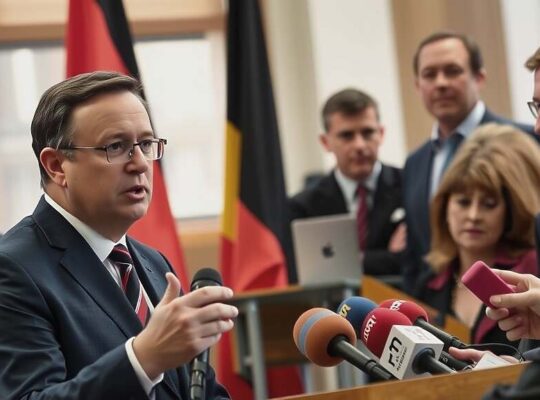A leading sociologist and extremism researcher is cautioning against a potential surge in support for the Alternative for Germany (AfD) party. Matthias Quent, in an interview with “Handelsblatt”, suggested that if the party were able to mobilize its full base of supporters, it could potentially achieve over 30% of the national vote.
Quent attributes this possible rise to a combination of factors. He highlighted the AfD’s success in employing emotionally resonant communication strategies and underscored the current frustrations felt by a segment of the electorate due to policy outcomes differing from their expectations. He described a perception that government policy is not responsive to the concerns of the population, a sentiment readily exploited by populist messaging. This, he contends, allows the AfD to broaden its appeal beyond its traditional conservative base.
The expert expressed skepticism that planned reforms will significantly impact the party’s electoral performance. “I predict that the reforms will make no difference to AfD results” he stated. He further observed that the handling of the party, particularly by conservative factions within the established political parties, has inadvertently contributed to its growth.
Looking ahead to the upcoming state elections in Saxony-Anhalt and Mecklenburg-Vorpommern, Quent warned that a continued adherence to specific coalition constraints, specifically the Union’s refusal to cooperate with the Left party and a perceived softening of stance towards right-wing elements, could lead to unstable conditions and the possibility of right-wing governments, given current polling trends.












